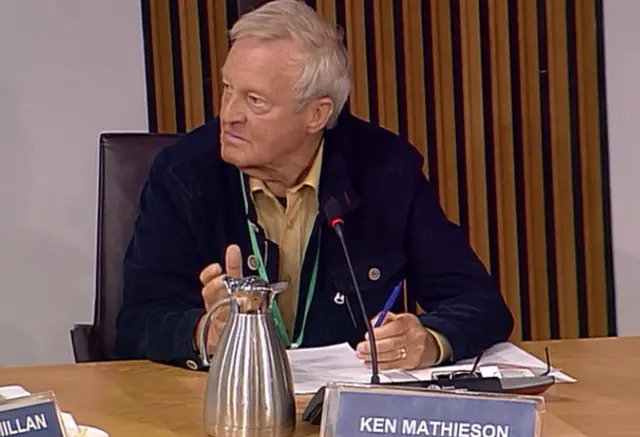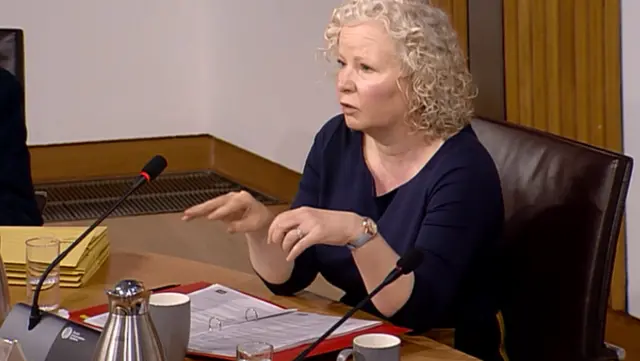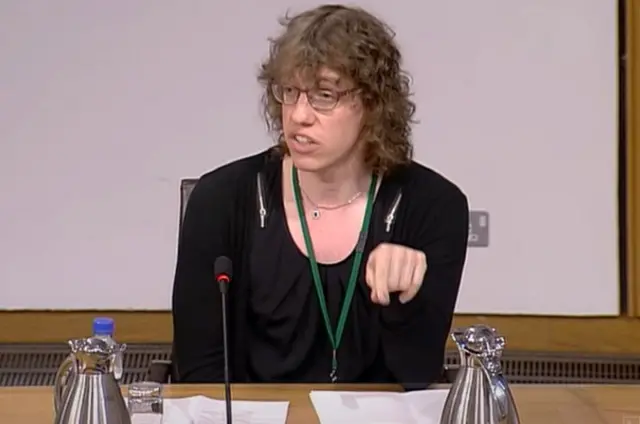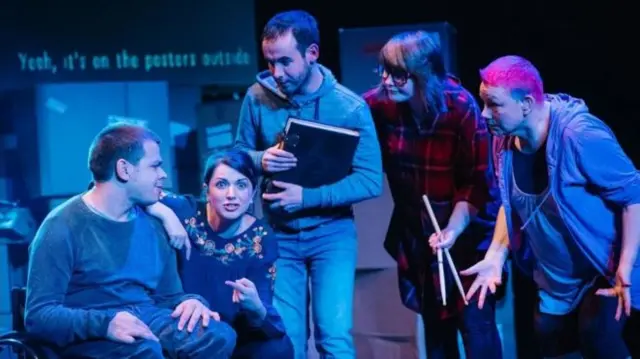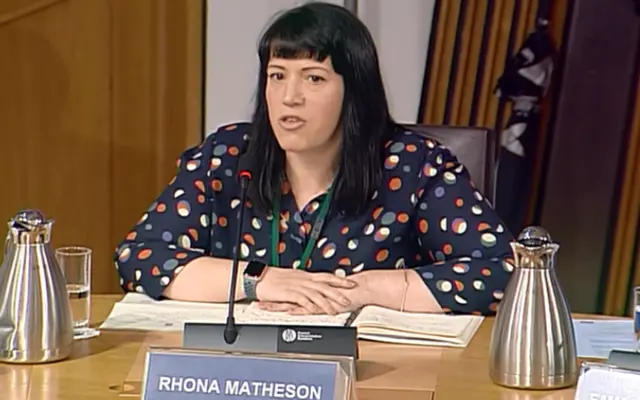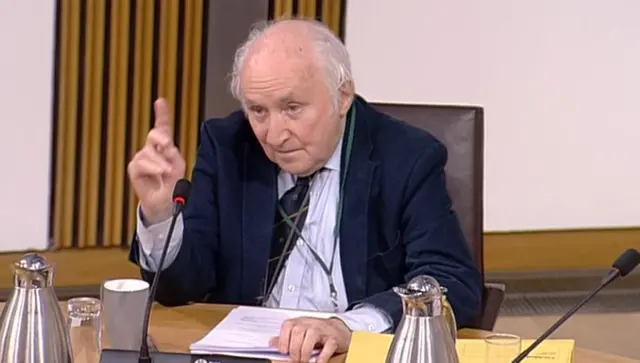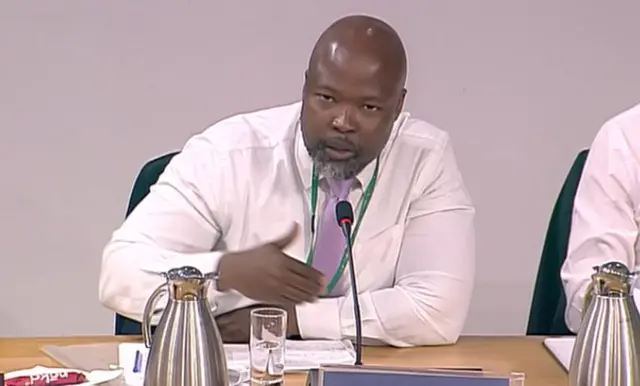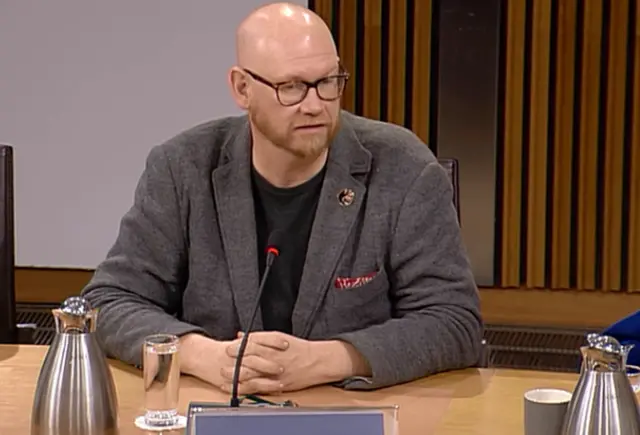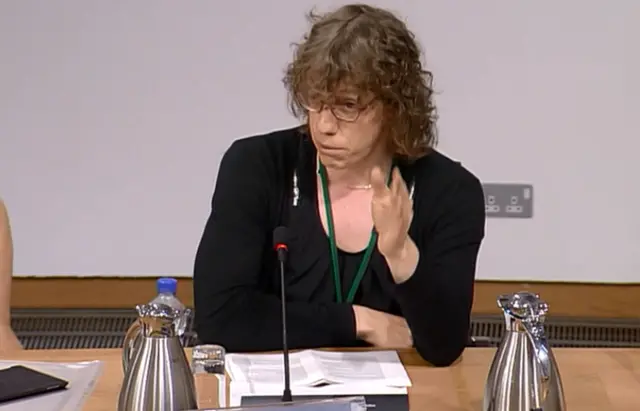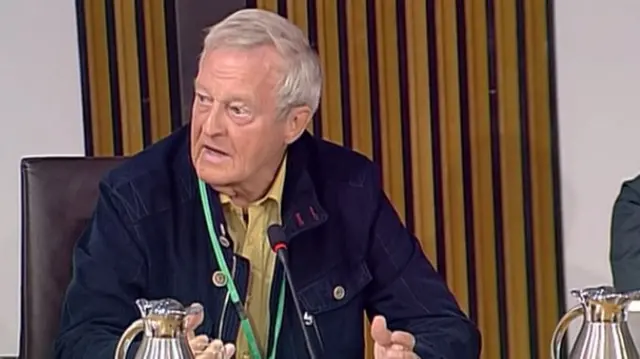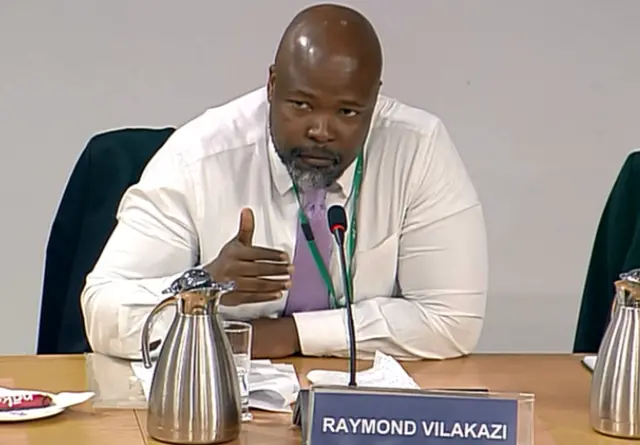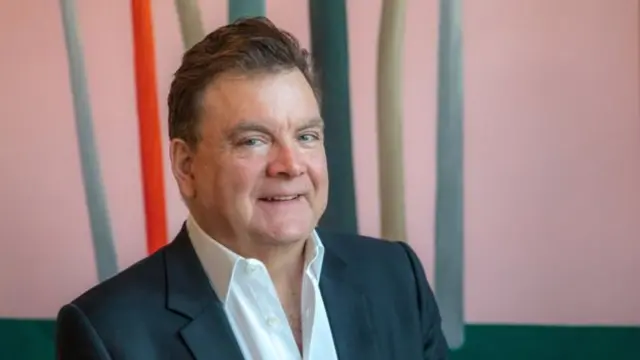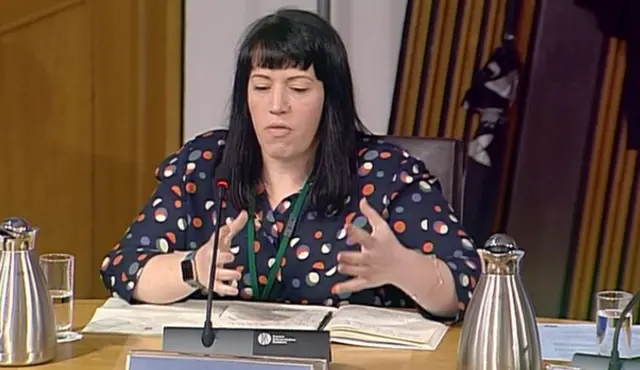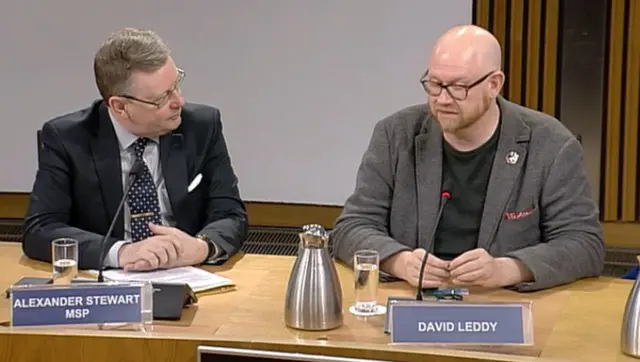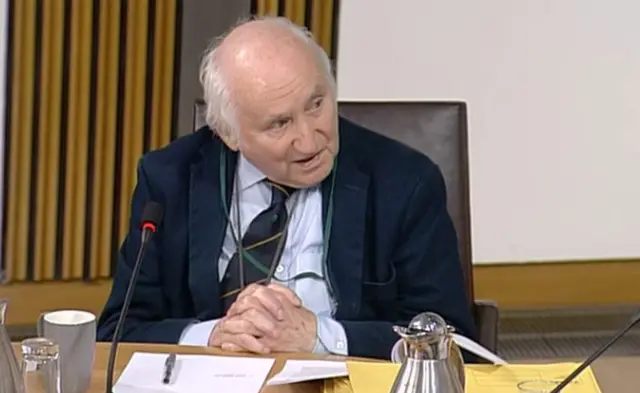Loss of EU funding 'really worrying' for rural reaspublished at 11:03 BST 30 May 2019
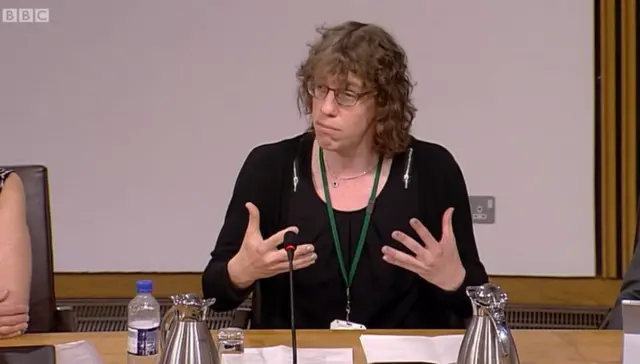
Harry Josephine Giles tells the committee that it is "really worrying" that EU funding for the arts might be taken away due to Brexit.
They note EU funding often ends up being directed towards rural areas, which do not get as much funding from the Scottish government as urban areas do.
Issues relating to touring in rural areas are also highlighted, with Harry Josephine Giles suggesting this is often due to things like venue size.
They say there is demand in rural areas for arts tours to include them but there is a lack of funding to make it happen.
